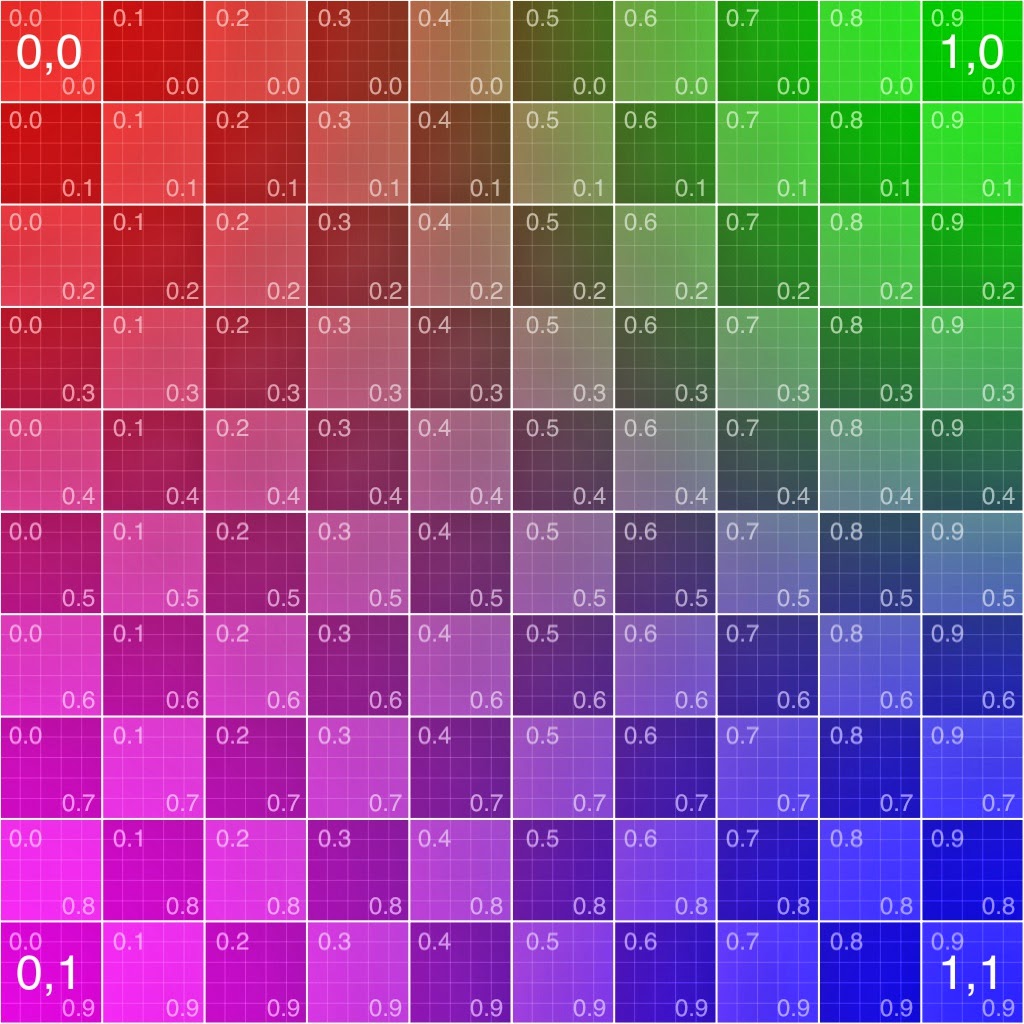
Do You Need a Filter in a Koi Pond? A Comprehensive Guide
Introduction
Koi ponds can be a beautiful addition to any backyard or garden. However, for them to thrive and maintain a healthy environment for fish, aquatic plants, and other aquatic life, a proper filtration system is essential. But do you really need a filter in a koi pond? In this comprehensive guide, we will explore that very question and provide you with everything you need to know to make an informed decision.
What is a Koi Pond Filter?
A koi pond filter is a crucial part of your pond’s maintenance system. Its main function is to remove physical debris, ammonia, nitrites, and nitrates from the water in your pond. These compounds can build up over time and cause toxic conditions for your fish and plants. The filter helps to keep the water clean and clear of harmful pollutants.

Benefits of a Koi Pond Filter
Having a filter in your koi pond comes with various benefits. Here are some of the advantages of a koi pond filter:
- Removes physical debris and harmful compounds from the water
- Maintains a healthy environment for fish, plants, and other aquatic life
- Prevents the growth of harmful bacteria and algae
- Reduces the frequency of water changes
- Improves water clarity and enhances the beauty of the pond
Types of Koi Pond Filters
There are various types of koi pond filters available, each with its own unique features and benefits. Here are some of the most common types of koi pond filters:
Mechanical Filters
Mechanical filters are the most basic type of filter and are designed to remove physical debris from the water. They work by trapping dirt and debris in a filter media, such as foam or filter pads. Mechanical filters are usually placed before biological filters and help to prolong the life of your biological media by removing the larger waste particles.

Biological Filters
Biological filters are designed to remove harmful compounds from the water. They work by creating an environment for beneficial bacteria to grow and thrive. These bacteria work to break down ammonia, nitrites, and nitrates into less harmful compounds. Biological filters are often paired with mechanical filters for maximum effectiveness.

UV Filters
UV filters are a unique type of filter that uses ultraviolet light to kill harmful bacteria and algae in the water. They work by passing water through a UV lamp that kills any microorganisms that can cause harm to your fish and plants. UV filters are often used in conjunction with mechanical and biological filters for maximum effectiveness.

Factors to Consider When Choosing a Koi Pond Filter
Choosing the right filter for your koi pond can be a daunting task, with so many options and factors to consider. Here are some of the essential things to consider when choosing a koi pond filter:
Pond Size
The size of your pond is a crucial factor to consider when choosing a filter. The size of the filter should be proportional to the size of your pond. Larger ponds will require larger filters, while smaller ponds can get away with a smaller filter.
Fish Stocking Density
The number of fish in your pond is another critical factor to consider when choosing a filter. Filters are rated based on their maximum capacity for fish and the amount of waste they produce. Overstocking can overwhelm a filter and cause it to become less effective.
Maintenance
The maintenance requirements of a filter should also be considered. Some filters require regular cleaning or replacement of filter media. Others may have more advanced maintenance requirements, such as backwashing or chemical treatments. The type of filter you choose should depend on your preferences and availability for maintenance.
Conclusion
In conclusion, having a filter in your koi pond is essential for maintaining a healthy and beautiful environment for your fish and plants. Filters come in various types and sizes, each with their own benefits and considerations to make. When choosing a filter, consider the size of your pond, fish stocking density, and maintenance requirements. With the right filter, you can enjoy a thriving and beautiful koi pond for years to come.